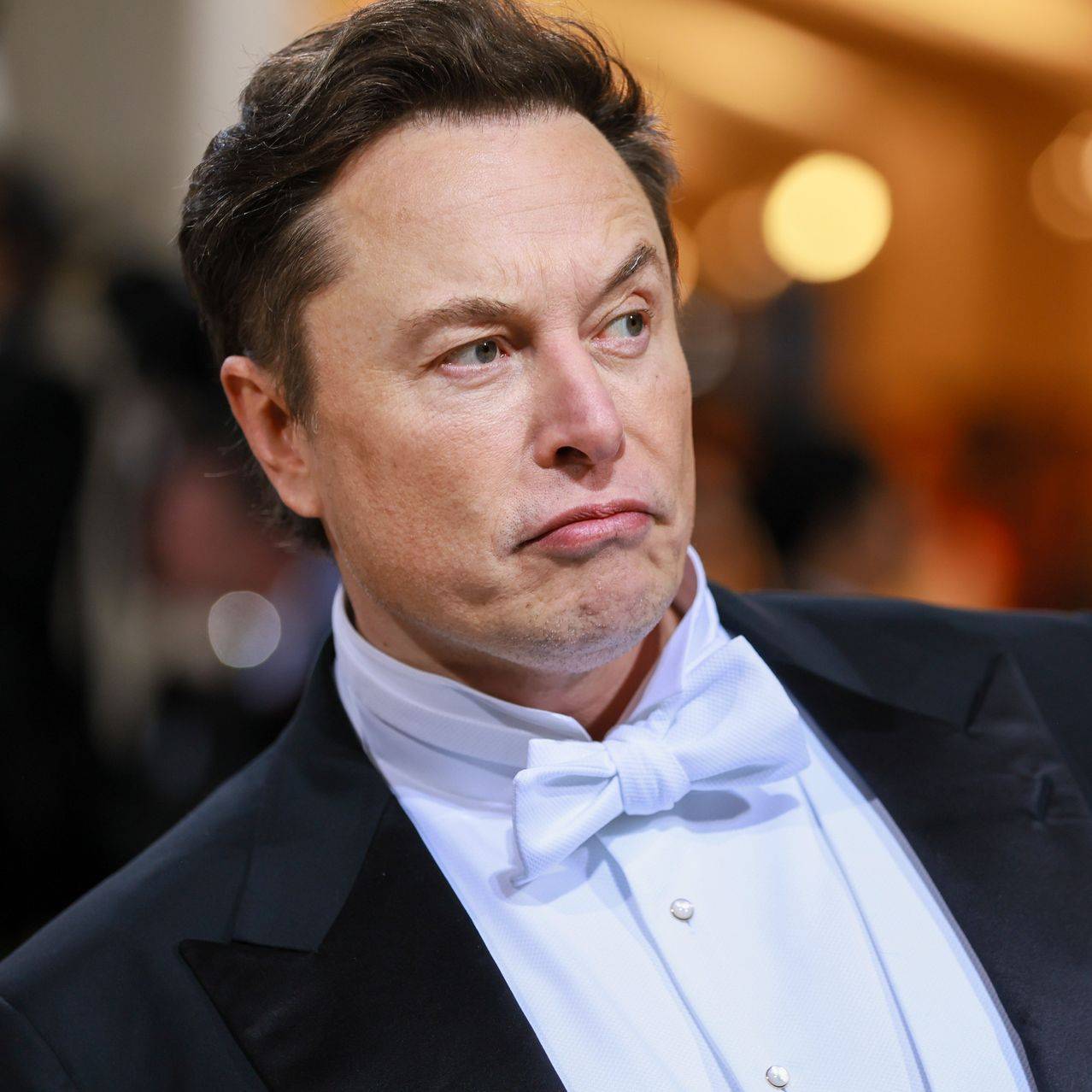Elon Musk, the founder and CEO of SpaceX, has always been a visionary who is known for his ambitious plans to revolutionize the transportation industry. He is now setting his sights even higher, with his mission to colonize Mars. Musk has publicly stated his goal of establishing a million-strong population on Mars within the next century. While it may sound like a far-fetched dream, Musk has already made significant strides towards this goal.
One of the main reasons behind Musk's plan to occupy Mars is to ensure the survival of the human species. He has often talked about the possibility of a catastrophic event, such as a third world war or a massive asteroid impact, which could wipe out life on Earth. Musk believes that having a backup plan on Mars will help ensure the long-term survival of the human race.
Another reason behind Musk's mission to occupy Mars is his desire to make humanity a multi-planetary species. He believes that by colonizing Mars, humans will be able to explore and exploit the resources of other planets, which will enable us to expand our knowledge and advance our technology.
However, the biggest challenge in Musk's mission to occupy Mars is the fact that the planet is inhospitable to human life. The thin atmosphere, extreme temperatures, and lack of liquid water make it an extremely difficult place to live. Therefore, Musk's first priority is to develop the technology required to make life sustainable on Mars.
The key to achieving this is to create a self-sustaining colony that can produce everything it needs to survive on the planet. Musk's plan involves sending a fleet of rockets to Mars, each carrying the materials required for building habitats and infrastructure. These materials will be used to construct a self-sustaining colony that can generate its own food, water, and energy.
To generate energy, Musk plans to take advantage of the abundant sunlight on Mars by setting up large-scale solar farms. He also plans to extract water from the planet's ice caps, which can be used for drinking and growing crops. To produce food, Musk plans to use hydroponic farming methods, which involve growing plants in nutrient-rich water instead of soil.
One of the biggest challenges in Musk's plan is creating a sustainable atmosphere on Mars. The planet's thin atmosphere means that humans cannot survive without an oxygen-rich environment. To address this challenge, Musk plans to use a process called terraforming, which involves transforming the Martian environment to make it more Earth-like. This could involve releasing gases such as nitrogen, oxygen, and greenhouse gases into the atmosphere, which would help to warm the planet and make it more habitable for humans.
In conclusion, Musk's mission to occupy Mars is an incredibly audacious plan that is driven by his desire to ensure the survival of the human race and make humanity a multi-planetary species. While there are significant challenges that need to be overcome, Musk's vision and determination may make this seemingly impossible dream a reality. If successful, the colonization of Mars could transform the way we live and usher in a new era of space exploration and technological advancement.




No comments yet
Be the first to share your thoughts!